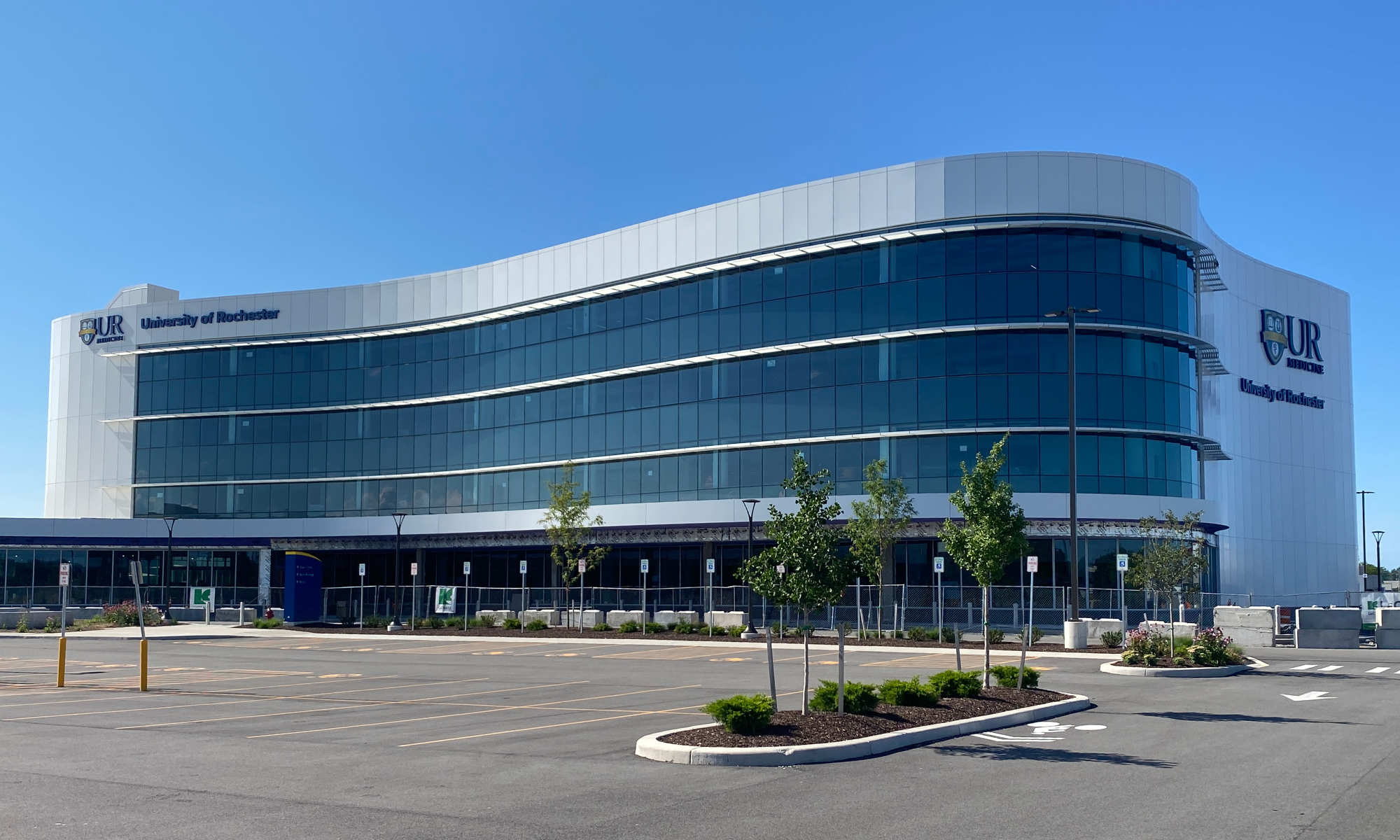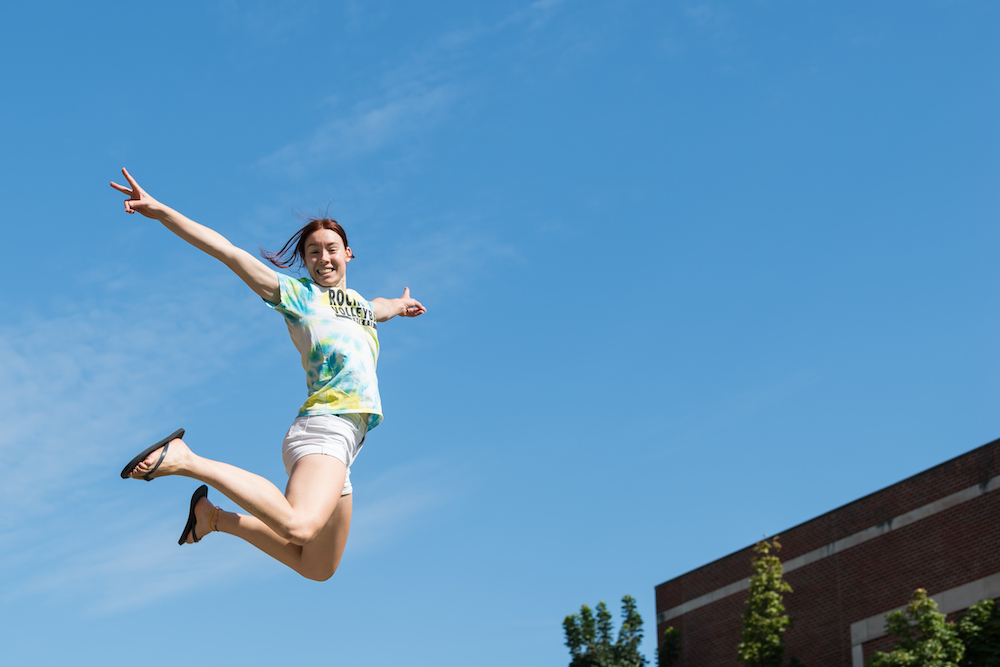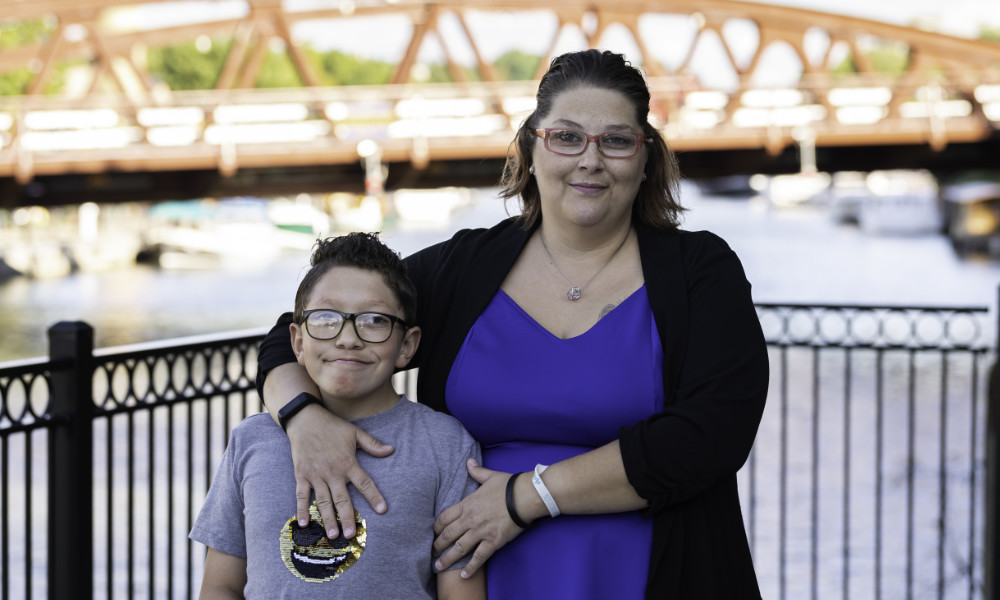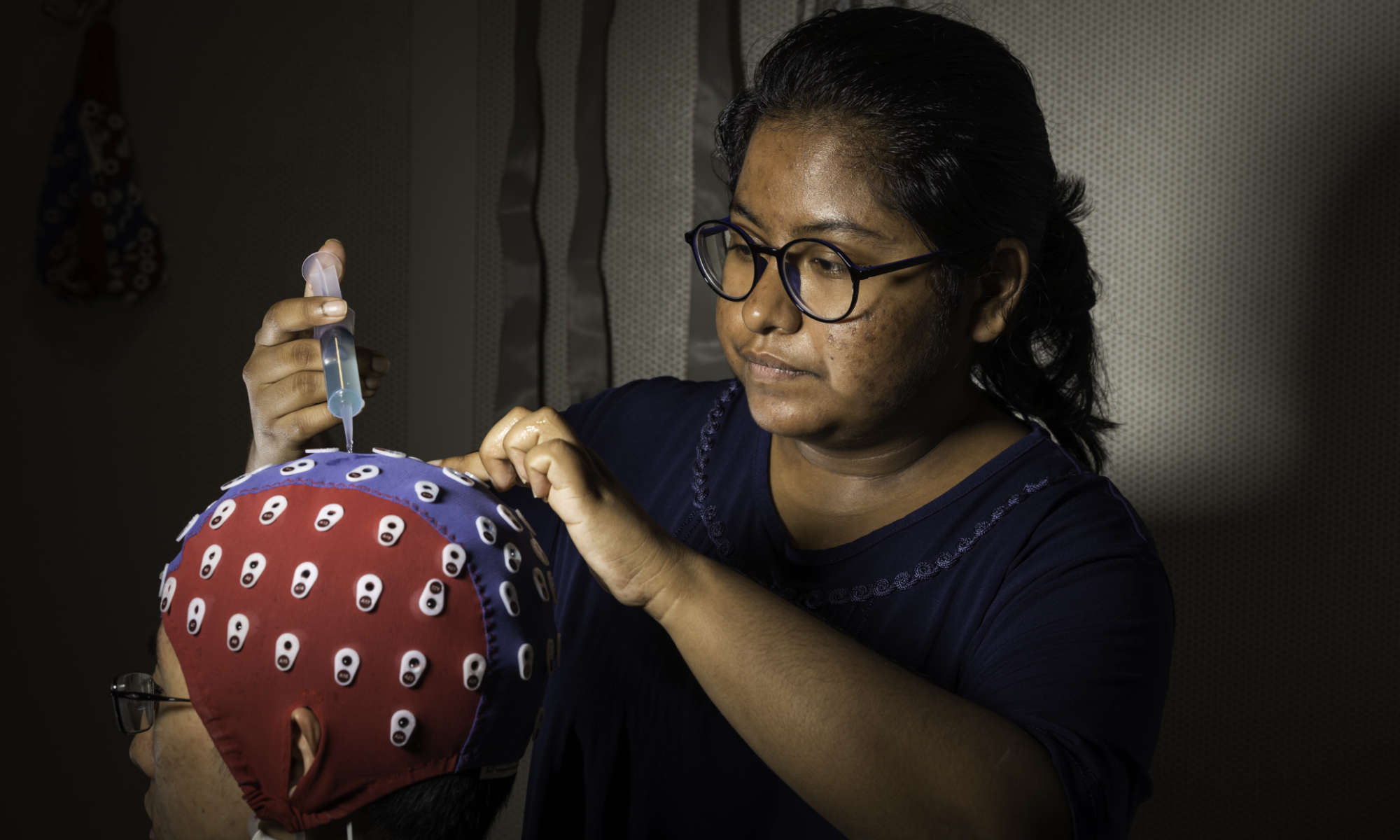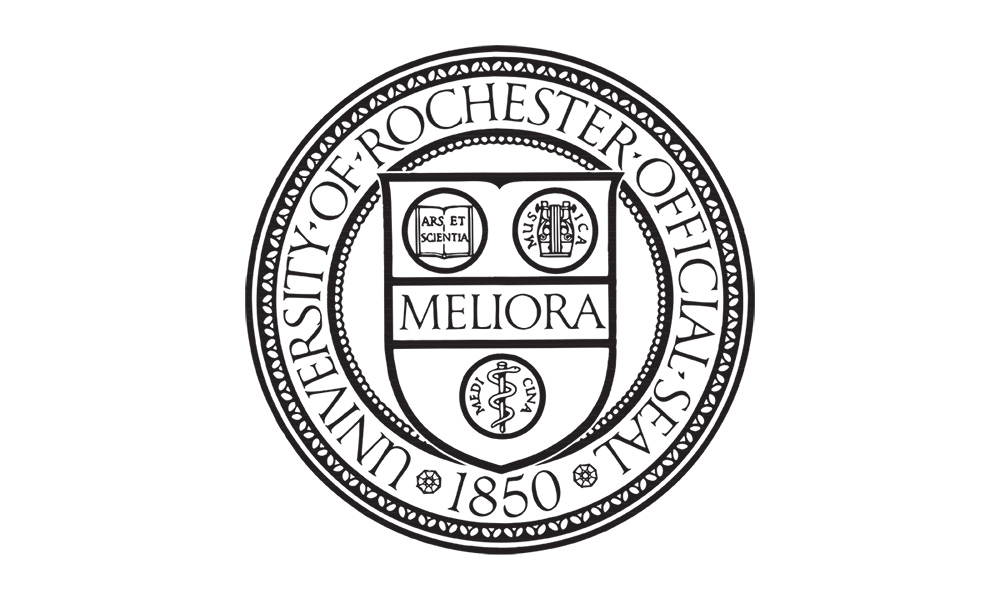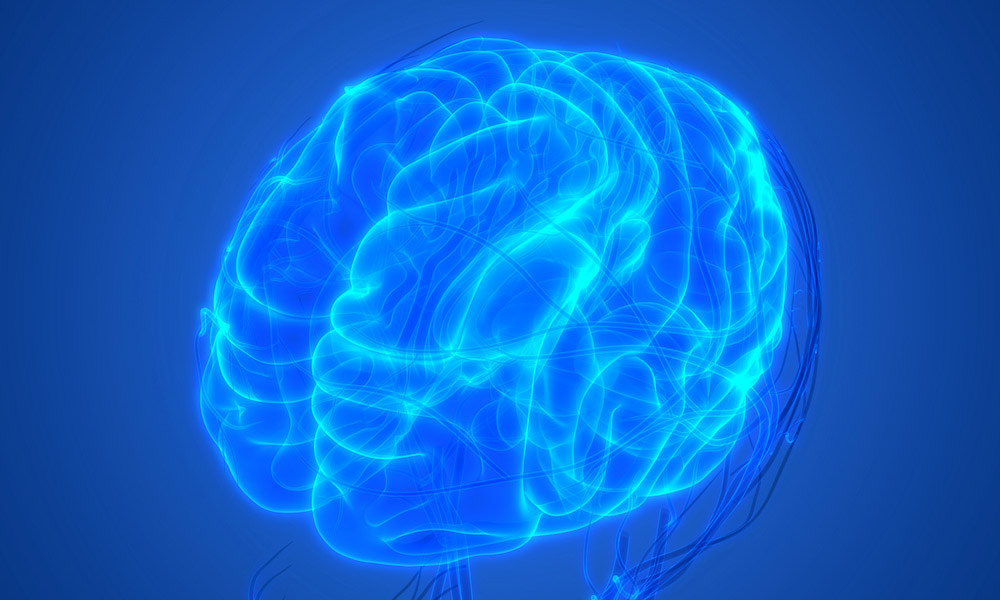
Science & Technology
Online AI-based test for Parkinson’s disease severity shows promising results
September 6, 2023
Researchers from the Hajim School and the Medical Center have developed a test for Parkinson’s disease severity that relies on 10 taps of the finger, with results available in minutes.

